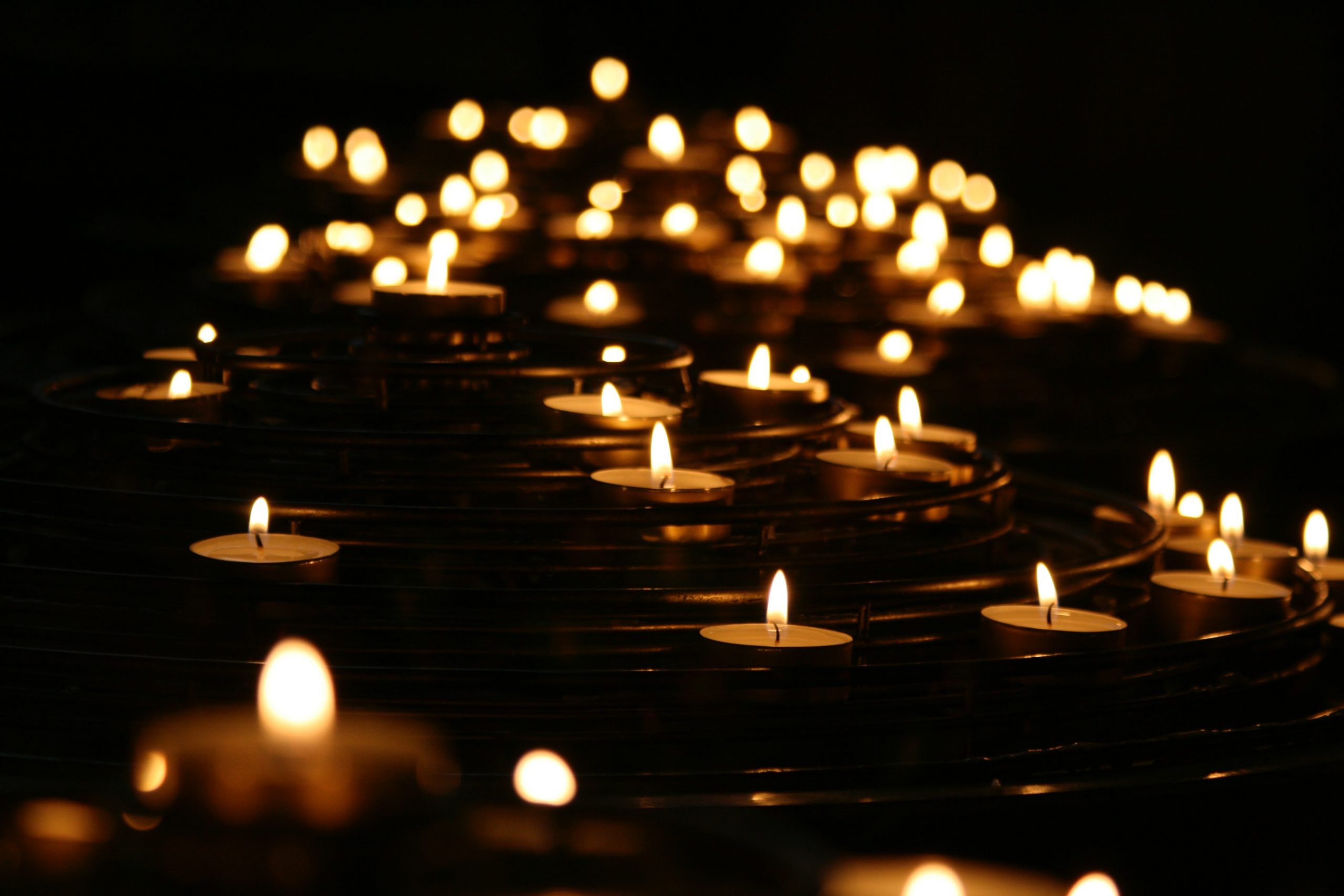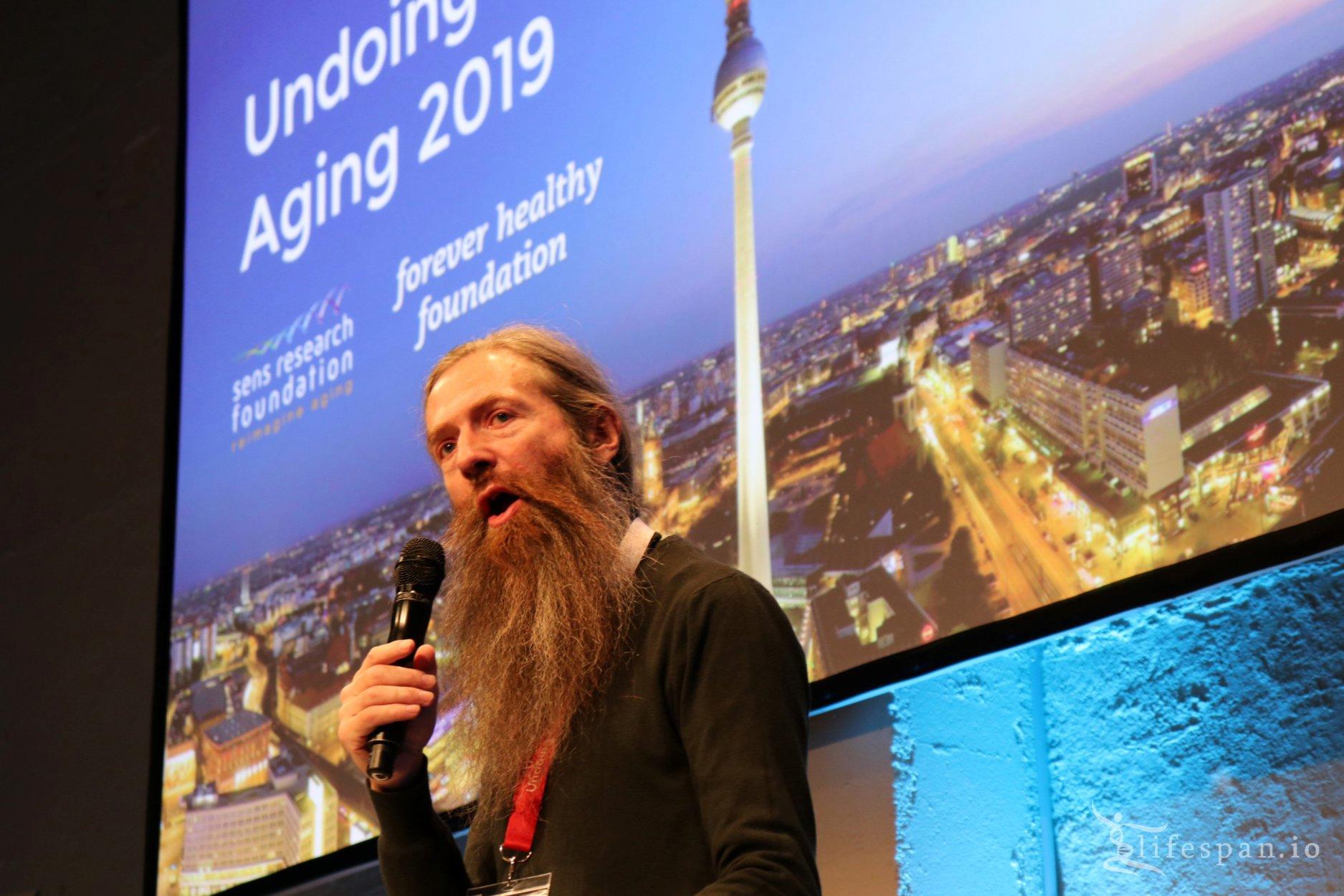Two Young Men Follow Their Calling into the Funeral Home Profession, Finding Fulfillment in Helping Others

Appleton, Wisconsin – On television and in movies funeral directors are portrayed as tall and pale, bland and boring individuals who rarely, if ever, crack a smile. After all, what’s there to smile about? ?
That’s not the case at the Fox Cities-based Wichmann & Fargo Funeral Homes & Crematories.
“Everyone here has great personalities,” Luke Densow of Appleton said. “You talk to the directors here and it’s not cookie-cutter director people at all. It’s different shapes and sizes.”
That includes Corey Meverden and Luke, both 21. Although they had never met but lived three floors from each other in the same dorm at the University of Wisconsin-Oshkosh, they now are friends and apprentices at Wichmann & Fargo. Both men have made the serious commitment to become funeral directors.
Luke’s father, Dan Densow, 50, who has owned Wichmann & Fargo for the last 21 years, said the young men are stereotypical of why some enter the field of funeral service: family involvement in funeral service or personal involvement having experienced a personal loss in their life.
When Corey’s father died two years ago, it changed the course his life would take.
“I saw how we were taken care of by the funeral director, and I wanted to be ‘that guy’ and help the family out in any way possible,” the Kaukauna man said.
Luke grew up in the funeral business. His grandfather owned a funeral home in the small town of Thiensville, and his father has been in the same business for 29 years.
After spending summers mowing the lawn and doing miscellaneous jobs for his dad at the funeral home, in the summer of 2007 ? Luke’s freshman year in college ? his father asked him to consider taking it to the next level, which he did eight months ago.
James Augustine, funeral service program instructor at Milwaukee Area Technical College, said the school is experiencing no shortage these days when it comes to students.
“It is anticipated, nationally at least, that the job market should be rather good for the next 10 years or so simply because people my age will be retiring, and we’ll need people to replace us,” said Augustine, 62.
Educational requirements to become a licensed funeral director in Wisconsin include two years of college, one year of mortuary science and a one-year apprentice, which equates to a four-year educational commitment.
In mortuary science, students learn about embalming, restorative art primarily on facial features, mortuary law, ethics and the history of funeral service, funeral service practices including all the various denominational religious services, funeral service management, grief psychology and how to work with clientele.
Students must also realize the nonstop commitment involved in becoming a funeral director.
“Death takes no holiday,” said Augustine, who must retain his license as a funeral director to teach. “Whenever someone dies, someone has to be available to go to the hospital or place of death to recover the remains and then be ready the next morning or afternoon when the family comes in to make arrangements.”
The one-year full-time apprenticeships that Luke and Corey are currently participating in go above and beyond the formal education. Students can do anything a licensed funeral director can do as long as they have direct supervision of a licensed funeral director.
Augustine said the field is not as family dominated as it once was.
“I would say the majority of people entering funeral service today are not family-related,” he said. “It made a complete turnaround since I went to school back in the mid-’60s. If you had a female in class it was quite a unique experience and was probably the daughter or wife of a funeral director. And if you had someone such as myself who was not from a funeral services family, it was rather unique.”
Both of those trends have reversed, he added. Nationally and at MATC, 55 percent to 65 percent of students in mortuary schools today are women. The same percentage ? if not more ? are not related to funeral directors. And in the past few years, there also has been an increase in second-career students in the funeral service program at MATC.
Two of the funeral directors at Wichmann, for example, were once in law enforcement.
But an educational base is nothing without solid people skills, Densow added.
Augustine said it’s a calling.
“It’s much like that of a clergy person. ? Ninety-six (percent) to 97 percent of what we do is with the living. The other 3 percent is with the dead,” he said.
“You get to help each person in the family and adapt to their needs,” Corey said. “It’s helping me as a person and helping them also.”
While funeral practices and rites vary among cultures and religions, funeral practices usually share some common elements such as removing the deceased to a mortuary, preparing the remains, performing a ceremony that honors the deceased and addresses the needs of the family and carrying out the final disposition. Funeral directors not only arrange but also direct these tasks for grieving families.
“I witnessed the profound impact my father could have on people’s lives,” Densow said. “And I wanted to do that. I wanted to be like that and have that impact on people’s lives during the worst days of their lives and for many, many years to come with all the relationships you build. It was a very natural progression for my career and my profession. ? It’s been a very fulfilling profession.”
That doesn’t mean it’s easy. Being a funeral director at times also takes an emotional toll.
“If you become callous to that then you need to retire,” Densow said. “But I can never imagine becoming callous to losses like that. Every loss is difficult, but some are even more so. ? You just can’t close the back door when you walk out at the end of the day and forget what that day was like. You just can’t. There’re so many intense emotions that go with that.”
“I agree completely with my dad,” Luke said. “Some of the hardest times with funerals mainly for me has been kids and people my age. It’s a huge thing. It’s not hard doing it. It’s hard being with the family. You can’t sympathize with them enough. That’s the hardest part for me. It’s tough, but then again those are the families that need us the most.”
While Luke’s decision to enter this profession was somewhat understandable, Corey’s friends thought his choice of career was a bit strange but they’ve gotten used to it.
“It’s fun to be here and take the challenges on. My friends see that, and it’s kind of helped me be a better person, too. I have direction in my life now.”
Source: PostCrescent.com



